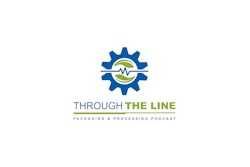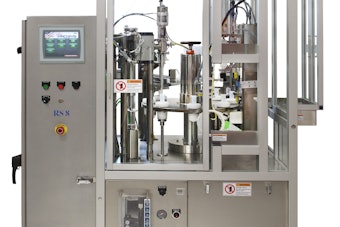
Editor's Note: This story was written live from the IQPC Boston conference.
As medicines become more advanced, so will the supply chain.
But, there is another important aspect of the healthcare industry that is predicted to have just as big of an impact on the last mile—patient care.
Speaking at the 13th Cold Chain GDP & Temperature Management Logistics Global Forum in Boston, Dan Bell, Vice President of Regulatory Compliance and Technical Affairs for Marken, explained that as more patient care becomes virtual, the last mile will become more patient-centric.
"What's special for that patient, for that drug, for that line?" asked Bell. "Can we take that -20- drug, and get it to the patient's house? It's not just about getting it through customs anymore."
This thought process also leads to a number of other questions, specifically, how can you ensure the patient is keeping the medicine at the right temperature? How do you make sure the patient has the ability to keep the medicine at the right temperature, and whose responsibility is this?
"At the end of the day, it is all of our responsibility to make sure it reaches the patient's hands," he said, explaining that sometimes no one wants to take responsibility for it.
Most medical care in the future, Bell predicted, will be taking place in the home, not in a doctor's office or hospital, which means smaller product quantities, as well as medicine being delivered straight to the patient, not a pharmacy.
There are a lot of things, however, that can go wrong in this type of situation which is why Bell explained, control, clarity, and compliance are extremely important.
"How do we control the supply chain, and how can we see what's happening in our supply chain?" he asked. "It's about managing the regulatory requirements and then how do we take all this data and use it to help us make good choice."
One way to do this is to plan.
"You have got to do a risk assessment," he stressed. "You need a well documented program."





















